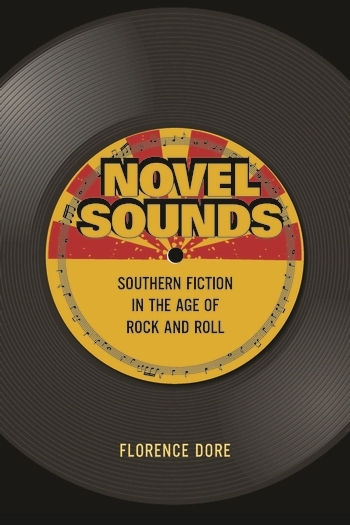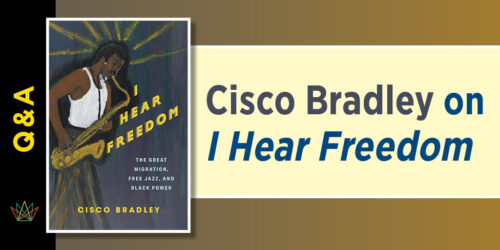Edward Said: Literary and Music Critic
As a thinker and intellectual Edward Said defied easy categorization. He was a leading figure in the development of postcolonial criticism, a political activist, and a music critic for The Nation and other publications. In recent weeks, Columbia has published works by Said that reflect this breadth, offering a new edition of Joseph Conrad and the Fiction of Autobiography and a collection of some of his last writings on music.
Joseph Conrad and the Fiction of Autobiography, first published in 1966, is now available in a new edition with a foreword by Andrew N. Rubin. Said’s critique of Conrad’s work, the colonialist preoccupation with “civilizing” native peoples, and the Western self’s struggle with modernity signaled the beginnings of his groundbreaking work, Orientalism, and remains a cornerstone of postcolonial studies today. Tony Tanner writes, “Joseph Conrad and the Fiction of Autobiography is a must for anyone seriously interested in Modernist writing, in Conrad—the first global novelist—and in Edward W. Said.”
Music at the Limits collects three decades of Said’s essays and articles on music from The Nation and other publications. The collection includes Said’s aesthetic appreciation of music as well as his insights into the social and political implications of classical performance. Inside, there are insightful pieces on Glenn Gould, Wagner, Mozart, and Bach alongside worries that the Metropolitan Opera has become too conservative and that opera superstars like Pavarotti have “reduced opera performance to a minimum of intelligence and a maximum of overproduced noise.”
Columbia is also the publisher of these other works by Said: Beginnings: Intention and Method, Humanism and Democratic Criticism, After the Last Sky: Palestinian Lives, and Musical Elaborations.




